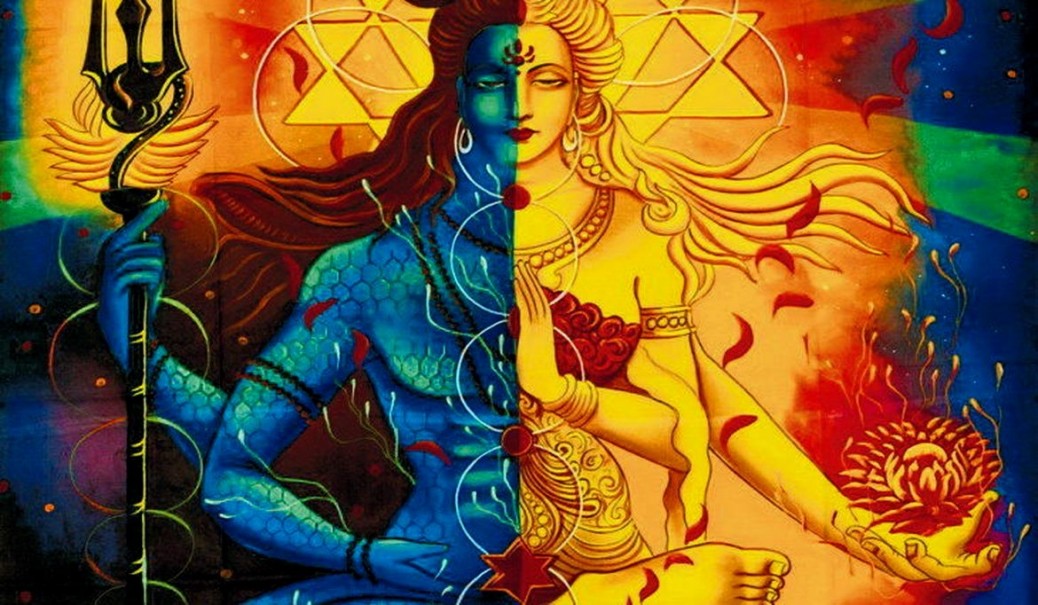VBT – Meditation 111.1
Out Of Emptiness
We have fear of Emptiness with that we also have such a questions – IF THERE IS ABSOLUTE EMPTINESS INSIDE AN ENLIGHTENED ONE, THEN HOW IS IT THAT HE SEEMS TO BE MAKING DECISIONS, DISCRIMINATING, LIKING THIS OR DISLIKING THAT, SAYING YES OR NO?
This will really look like a paradox. If an enlightened one is simply emptiness, then for us it becomes a paradox. Then why does he say yes or no? Why does he choose? Why does he like some things and dislike other things? Why does he talk? Why does he walk? Why does he live at all?
For us this is a problem; but for the enlightened one it is not a problem. Everything is done out of emptiness. The enlightened one is not choosing. It looks like choice to us but the enlightened one simply moves in one direction – that direction comes from the emptiness itself.
It is just like this. You are walking. Suddenly a car comes in front of you and you feel that an accident will happen. You don’t decide what to do. Do you decide? How can you decide? There is no time.
A decision will take time. You will have to ponder and think, weigh up the pros and cons, decide whether to jump this way or that. You don’t decide. You simply jump. From, where does that jump come from? Between the jump and you there is no thinking process. Suddenly you become aware that the car is in front of you and you jump. The jump happens first. Then later on you can think. In that moment you jump through hastiness; your whole being jumps without any decision.
Remember, decision is always of the part, it can never be of the whole. Decision means that there was a conflict. One part of; your being was saying, “Do this,” another part was saying, “Don’t do this.”
That’s why the decision was needed. You had to decide, argue, and one part had to be pushed aside. That’s what decision means. When your totality is there, there is no need to decide. There is no alternative. An enlightened one is total within himself, total emptiness. So whatsoever comes out, it comes out of his totality, not out of any decision. If he says “yes” it is not a choice: there was no “no” to be chosen, there was no alternative. “Yes” is the response of his total being. If he says “no”, then “no” is the response of his total being. That’s why an enlightened man can never repent.
You will always repent. Whatsoever you do, it makes no difference – whatsoever you do, you will repent. If you want to marry a woman, if you decide “yes”, you will repent, if you decide “no”, you will repent. Because whatsoever you decide is a partial decision, the other part is always against. If you decide, “Yes, I will marry this woman,” one part of your being is saying, “Don’t do this, you will repent.” You are not total.
When difficulties arise…. They are bound to arise because when two different persons start living together, difficulties are bound to arise. There will be conflicts, there will be a struggle to dominate, there will be power politics. Then the other part will say, “Look! What did I say? I was insisting that you shouldn’t do this, and you have done it.” But that doesn’t mean that if you had followed the other part, there would have been no repentance. No! The repentance would have been there, because then you would have married some other woman, and the conflict and the struggle would have happened. Then the other part would go on saying, “I was saying marry the first woman. You have missed an opportunity. Heaven is lost, and you are married to hell.”
Tags: Out Of Emptiness




